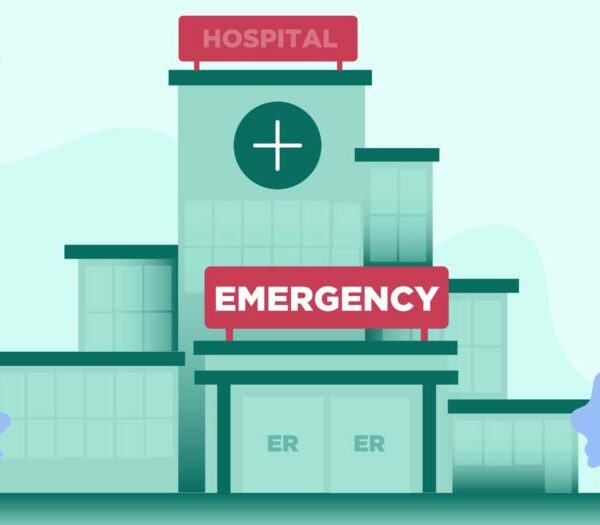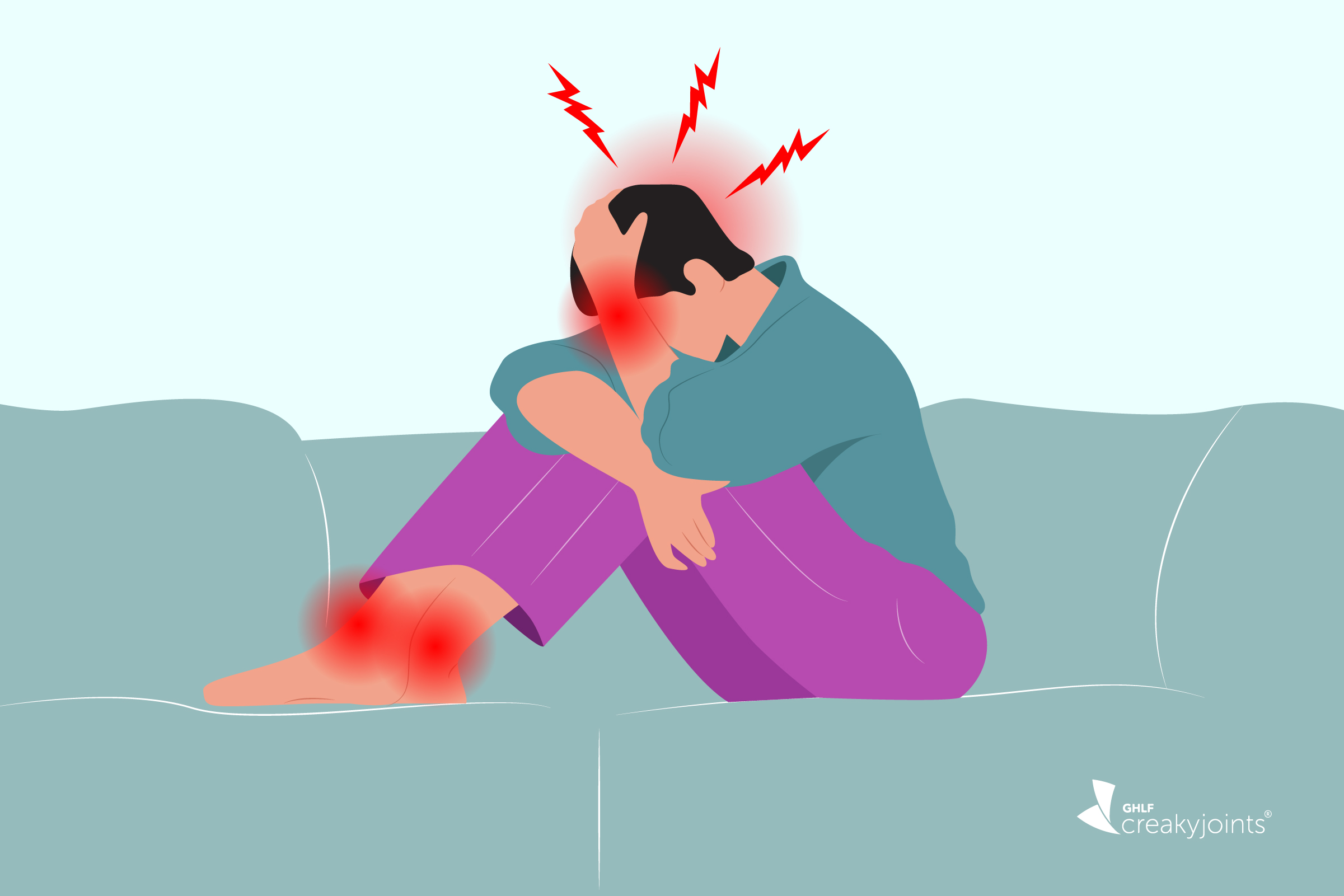Discover the symptoms of brain fog linked to migraine and learn coping strategies to manage cognitive challenges.
WHEN TO GO TO THE EMERGENCY ROOM OR URGENT CARE FOR A HEADACHE
WHEN TO GO TO THE EMERGENCY ROOM OR URGENT CARE FOR A HEADACHE
July 7, 2020
Anne M. Sydor

When to Go to the Emergency Room or Urgent Care for a Headache
Very few people ever want to go to the emergency room (ER). That is even more true now during the COVID-19 pandemic when hospitals and the risk of infection all feel pretty scary. In fact, there is evidence that fewer people in the US have been going to the ER since March 2020 compared to before that time.
There is debate about whether that means some ER visits were unnecessary, or if some emergencies just aren’t being addressed now because of the pandemic. For example, the number of people visiting the ER with symptoms of stroke has gone down—but stroke is an emergency and there is no reason why the number of strokes would have decreased. This is worrisome because a person having a stroke could be treated and saved by going to the emergency room who doesn’t may now not survive.
It is important to go to the ER if you think you are having a medical emergency.
No exceptions.
On the other hand, sometimes it is very hard to know if you are really having an emergency. A good rule of thumb is, “When in doubt, check it out!” The best way to do this is to call your health care team, if you have one and go to the ER when you don’t. Better safe than sorry.
Headaches Can Be Emergencies
Knowing whether or not a headache is an emergency is especially hard—even for health care professionals sometimes. This is because headaches can be primary or secondary.
A primary headache is a medical condition—with no other cause. To be clear, this is NOT “just a headache.” Primary headaches are conditions such as migraine or cluster headache that cause enough head pain—and often other symptoms too—to keep a person from functioning.
A secondary headache is a symptom of another medical condition, like an infection, head injury, or even some types of strokes. It is called secondary not because it is not important, but because ianother illness happened first, and the headache came second. Not all secondary headaches are emergencies, but some of them are.
SNOOP Around Your Headache to Know if It is an Emergency!
Health care professionals are taught the SNOOP memory tool for when to think about whether or not a headache is an emergency, and every day people can learn it too.
| SNOOP For Secondary Headaches | ||
| Letter | Stands for | Questions to ask |
S |
System review
|
Do you have other medical problems like cancer, HIV, heart disease, or take immune suppressing drugs for psoriasis, arthritis, multiple sclerosis or other conditions?
Have you had fever, chills, night sweats, muscle aches weight loss, or trouble chewing? |
N |
Nervous system |
Has anyone noticed a change in the way you act or said you don’t seem like yourself?
Are you seeing double or seeing things that you don’t usually see when you have a headache or migraine attack? Are your ears ringing? Is it hard to lift things you can normally lift? Is it hard to feel things you can normally feel with your fingers? Are you able to move normally? |
O |
Onset |
Did it seem like the headache came on all of the sudden with severe pain as soon as it happened? Is it the first headache you have ever had? Is it the worst headache you have ever had? |
O |
Onset |
Are you over age 65? Is the person with the headache under age 5? |
P |
Patterns |
Is this a different pattern of headache, for example you used to have them occasionally and now have them daily?
Does it feel different from your usual headache? Does it get worse when you cough, sneeze, use the bathroom or engage in sexual activity? Does it get worse when you sit up, lie down, or move? For women, if you are pregnant is the first headache during this pregnancy or different from other headaches you’ve had during pregnancy? |
| If you answered yes to any of these questions, you might have a headache that is part of a medical emergency. Call your health care team or go to urgent care or the ER.
These are NOT the only symptoms of headaches that are emergencies. REMEMBER: When in doubt, check it out! |
||
Primary Headaches Might Need Emergency Care Too!
It can also happen that a person’s worst primary headache attack is so severe they cannot tell if it is the same as usual or not. Anyone who has migraine, cluster headache, or another primary headache condition should seek emergency medical care if the headache feels different from what they usually experience.
Severe Headaches and Emergency Care During COVID-19
As important as it is to go the ER in an emergency, it is also important not to go if it is not an emergency because this lowers the risk of spreading COVID-19.
Unfortunately, there is a shortage of headache specialists in the US. That means many people with primary headache disorders have a hard time getting treatment for headache attacks that are disabling. Individuals have had to go to the ER to get care even though it is usually very unpleasant because of long waits, bright lights, noise, and sometimes being treated as a drug-seeking individual. It has also been shown that people are more likely to get opioids for headache in the ER even though those drugs are almost never the best choice to treat headache.
But, a silver lining of the COVID-19 pandemic has been easier access to telehealth. This means if you are having a really bad headache attack, you are more likely to be able to call your health care team or arrange video visit and have evaluation and treatment without leaving your home. A call to your health care team is often the best first step to figure out if you can get care without going to the ER.
Be safe
If you are having a medical emergency, call your health care team or go to the ER. If you are not sure if it is an emergency, SNOOP for secondary headaches. If you are still not sure or if you are having an unbearable attack, call your health care team. If you don’t have a health care team or can’t reach them, go to the ER. In an emergency, it is safer to go to the ER than it is to stay home, even during the COVID-19 pandemic.
SUBSCRIBE TO GHLF
RELATED POST AND PAGES
_
Was this article helpful?
YesNo





This Post Has 0 Comments